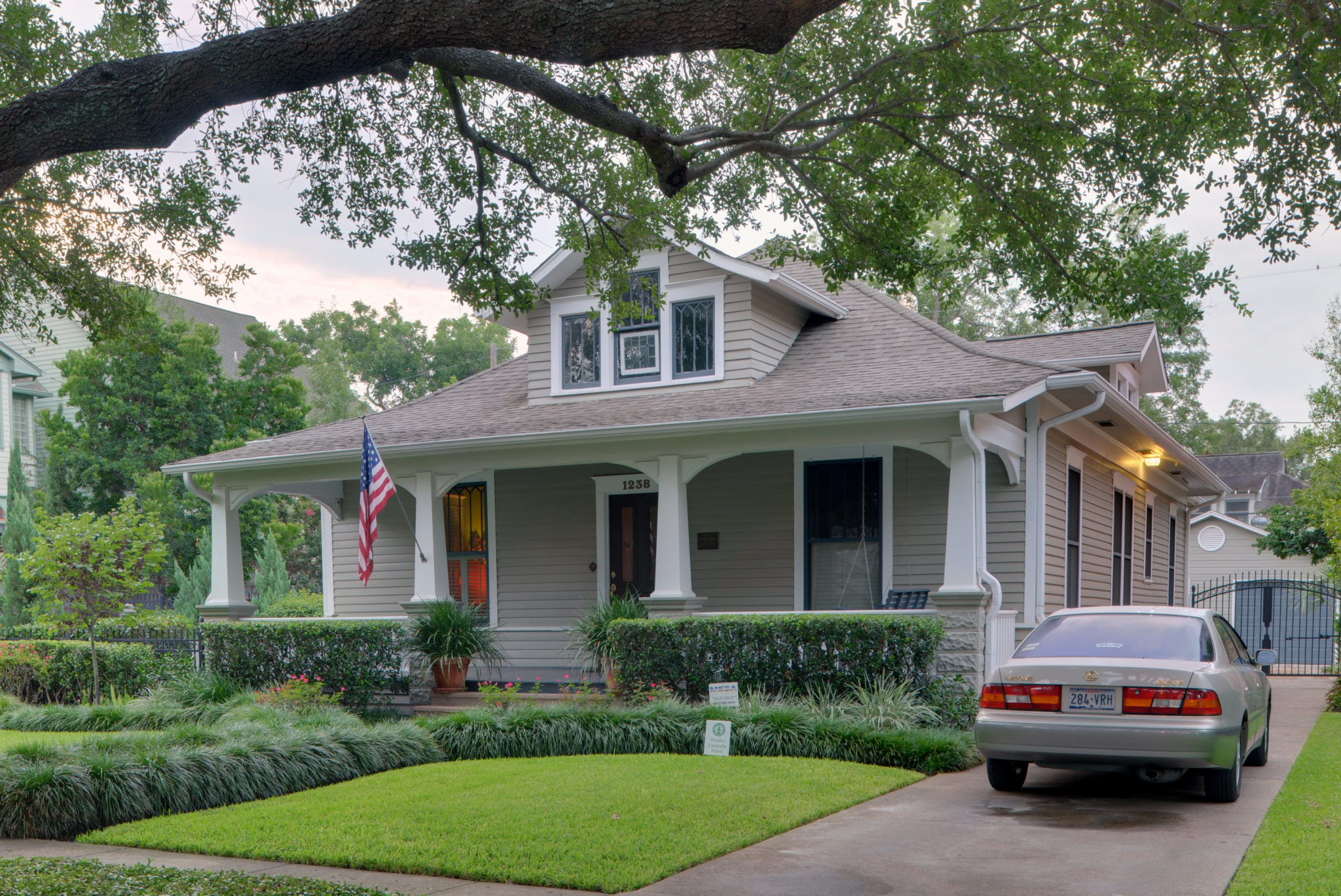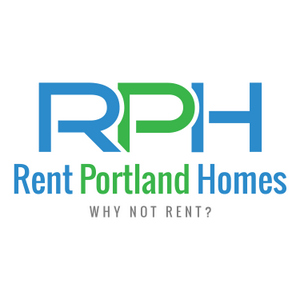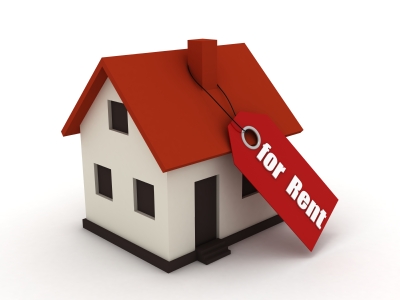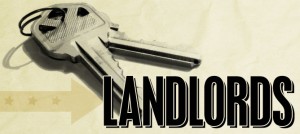By Property Management Systems
Are you just getting started with owning your first rental property in Portland Oregon, or elsewhere in the United States? If so, one of the first questions you have to ask yourself is how long do you want to rent the property for? 12 months? 9 months? 6 months? Or do you want to rent it month-to-month?
Sign Tenants To A 12 Month Lease
One of the key’s to success with owning rental properties is signing your tenant to a 12 months lease. Why? The answer is simple. A 12 month lease “locks in” your tenant to a full year and also provides you with the cash flow that you’re going to need to cover your mortgage, repairs, taxes and other expenses that you may incur while owning your rental property.
One Year Lease Agreements
This is the most common lease term in the rental industry and most landlords and tenants expect to commit to each other for this length of time. Because a one year lease locks the tenant in for an entire 12 months, landlords usually don’t have to worry about turnover too often. It’s also not so long that the landlord can’t implement new changes, increase the rent or other adjustments at the end of every year.
The tricky part is what happens at the end of the one year lease. In other words, landlords can let the term of the agreement expire, in which case the contract would default to a month-to-month agreement. Or, the landlord can try to get the tenants to renew for another one year lease. Of course, the one year lease renewal is usually in the landlord’s best interests, again for lack of turnover and more of a guarantee that the unit will remain occupied. It’s up to the landlord to entice the tenants to renew.
Long Term Lease Agreements
In some cases, where tenants have expressed an interest in becoming long-term residents of the unit, it may make sense to create a long-term rental agreement, such as a 24-month lease agreement. Sometimes, this might work when renting to friends and family where there is a deeper commitment or understanding of living arrangements.
For the most part, it is possible that it goes in favor of the landlord to set up a long-term lease, but even though it represents security in that there is a low risk of turnover, it may also tie a landlord’s hands if something needs done, such as raising the rent or giving tenants a notice to quit when the lease expires. The long-term agreement should really be done on a case-by-case basis.
In summary, it seems that a one year lease may be the best for landlords in that it provides some stability and minimizes turnover, but gives both tenants and landlords a chance to re-evaluate things each year. A too-short lease agreement really favors the renter while a lengthy lease agreement doesn’t really favor either side except in special conditions. The ideal lease agreement terms seems to be one year, with the tenant renewing each year.
What Terms Should You Include In Your Lease?
Now that we’ve established that 12 months is the best term for your leases, the next thing we want to do is provide you with a list of terms you should consider adding to your leases.
-
Names of all parties to the agreement, including all adult tenants. It’s important that your rental agreement includes the names of not only you and your main tenant, but also all the other adults who will be occupying the premises. This ensures that all adults who will be living on your rental property are responsible for the duties and obligations of the tenant as outlined in the agreement, including the payment of rent. It also means you’ll be able to terminate the rental agreement if any one of the tenants violates the terms of the lease. If you only list one person as tenant, and any of the other occupants who aren’t listed violates an important term of the lease, you will have less options.
-
The term of the tenancy. This clause will set out whether the rental agreement is a month-to-month rental agreement, which will run from month to month unless you, the landlord, or the tenant terminates it, or whether the agreement is a lease agreement for a fixed term. Lease agreements are typically for a fixed term of one year, with the agreement setting out options for renewal on the expiry of the fixed term. Termination options should also be addressed.
-
Rent. Your rental lease agreement should have provisions that spell out the amount of rent that’s due, when the rent payments are due, and how the rent payments should be paid.
-
Limits on occupancy/subleasing. This important provision ensures that only those who have signed the lease, along with their minor children, can live on the rental premises. Tenants will also not be able to sublease the premises to another party without your approval.
-
Security deposits and other fees. Security deposits are often very contentious issues between a landlord and tenant, so it’s important that your rental agreement is very specific about all matters related to the security deposit. This includes not just the amount of the deposit, but issues such as when and how the deposit may be used and when and how the deposit is to be returned. Your agreement should also cover what kinds of fees (for example, cleaning or repair fees) can be deducted from the security deposit. You should also check your state’s laws relating to security deposits, as they may set out certain requirements with which you will need to comply.
-
Repairs and maintenance. Both you and your tenant should have particular maintenance obligations under the rental agreement, and these should be clearly set out in the terms. The tenant, for example, should be responsible for maintaining clean premises, as well as be responsible for any damage he or she causes. The terms should also obligate your tenant to inform you of any repairs that need to be made to the premises for which you are responsible.
-
Right of entry. Not making necessary repairs can place you in violation of the lease, but what if your tenant won’t provide you with the access required to make such repairs? Your rental agreement should specify the conditions under which you are allowed to enter the rental property, and also what notice is required prior to entry. Because state law often regulates a landlord’s right of entry, you should check to make sure the provisions set out in your rental agreement conform with legal requirements.
-
Disruptive behavior and illegal activities. Your rental agreement should have provisions which clearly state what constitutes disruptive behavior (for example, excessive noise) and illegal activities (for example, dealing drugs) and prohibit such behavior and activities. Your rental agreement should also provide that such behaviors or activities constitute grounds for terminating the agreement.
-
Pets. If pets are not allowed, this should be clearly stated in your rental agreement. If you do allow pets, the agreement should specify the maximum number of pets permitted, and also state any restrictions as to the kinds or types of pets permitted (for example, large dogs). The provisions should also address your tenant’s responsibility to keep the rental premises clean.
-
Damage to premises/alteration to premises. Your rental agreement should state who is responsible for damages to the rental property. Additionally, it should describe what types of alterations your tenant may make to the property, and when your permission or approval for an alteration is required.
Get Property Management Here
Renting your own Portland Oregon Rental properties can be exhausting and time consuming. Thankfully, with a property management company like Property Management Systems managing your rental for you, you can continue living your normal life while we handle all phases of property management.
To learn more about the services we can offer you contact us today by calling (503) 515-3170 or click here to connect with us online.






